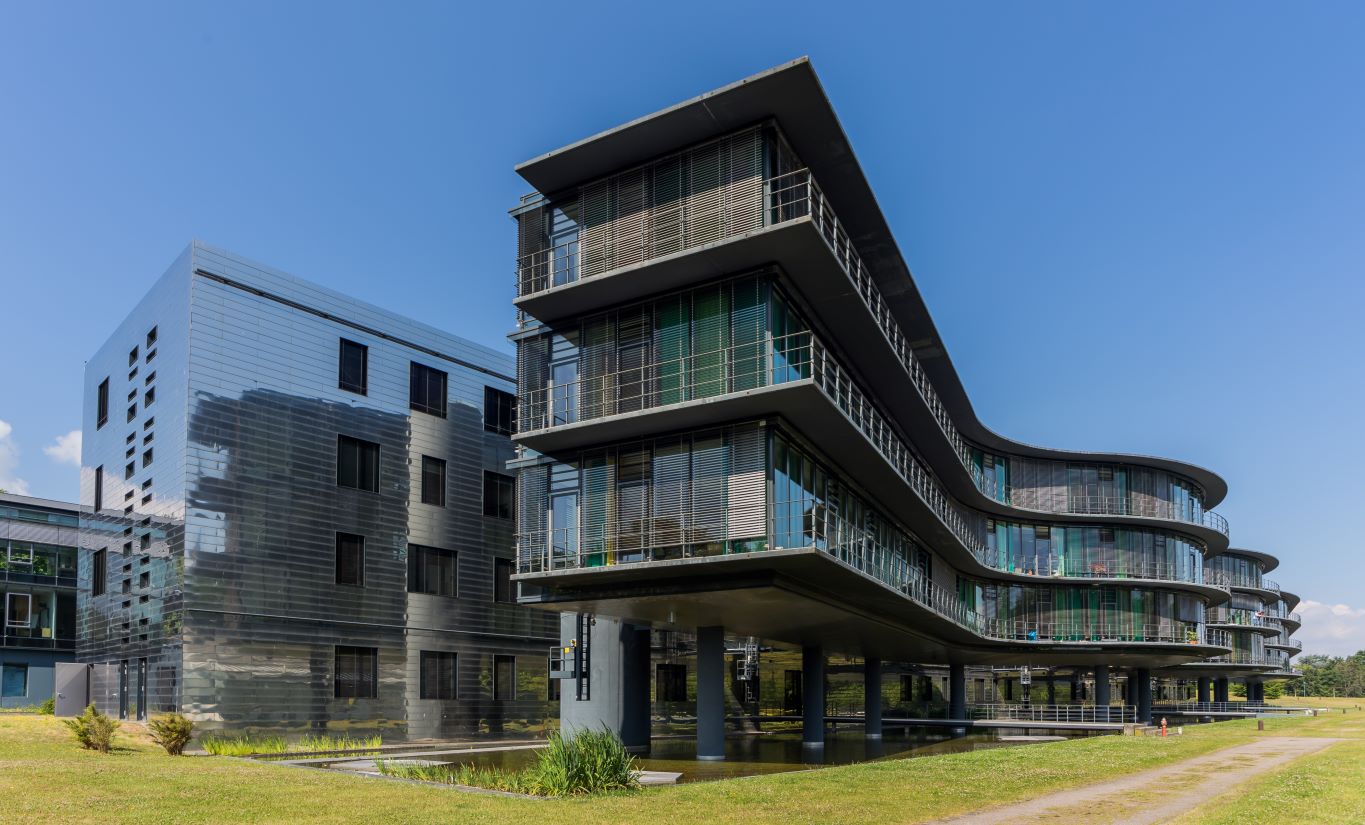Application Deadline: Open until filled
For inquiries: Dr. James Lightfoot: james.lightfoot@mpinb.mpg.de
The study of behavior has long been a cornerstone of scientific inquiry, drawing from diverse disciplines ranging from psychology to biology. However, it is the field of behavioral genetics that promises to unveil the underlying genetic and molecular mechanisms governing behavior. At the forefront of this exploration lies the Max Planck Institute for Neurobiology of Behavior – caesar, offering a pioneering PhD program in Genetics of Behavior. In this comprehensive guide, we delve into the intricacies of this program, exploring its structure, research opportunities, faculty expertise, and the vibrant student community it fosters.
Understanding Behavioral Genetics:
Behavioral genetics seeks to understand how genes and the environment interact to influence behavior, encompassing a wide array of phenomena from basic instincts to complex cognitive functions. By deciphering the genetic underpinnings of behavior, researchers aim to shed light on fundamental questions regarding human nature, neuro developmental disorders, and evolutionary processes. Through innovative methodologies such as genome-wide association studies (GWAS) and CRISPR-Cas9 gene editing, the field continues to push the boundaries of our understanding, offering insights with profound implications for both science and society.
The Max Planck Institute for Neurobiology of Behavior – Caesar:
Nestled in the picturesque city of Bonn, Germany, the Max Planck Institute for Neurobiology of Behavior – Caesar stands as a beacon of excellence in behavioral neuroscience research. Established as a collaboration between the Max Planck Society and the Ludwig Maximilian University of Munich, caesar is dedicated to unraveling the mysteries of neural circuitry and behavior. With state-of-the-art facilities and a multidisciplinary approach, the institute fosters a dynamic research environment conducive to innovation and discovery.
PhD Program Structure:
The PhD program in Genetics of Behavior at Caesar offers a unique blend of coursework, laboratory rotations, and independent research, designed to provide students with a comprehensive understanding of the field. Upon admission, students undergo an initial period of orientation, acquainting themselves with the institute’s facilities, research areas, and faculty members. Subsequently, they embark on a series of laboratory rotations, allowing them to explore different research projects and identify potential advisors.
Research Opportunities:
From the molecular mechanisms of memory formation to the genetic basis of social behavior, the research opportunities at Caesar span a wide spectrum of topics within the realm of behavioral genetics. Students have the flexibility to pursue projects that align with their interests and career goals, leveraging cutting-edge techniques such as optogenetics, in vivo imaging, and transcriptomics. Moreover, collaborative initiatives with other research institutions and industry partners provide students with access to diverse resources and expertise.
Faculty and Expertise:
At the heart of the PhD program are the renowned faculty members at Caesar, whose expertise encompasses genetics, neuroscience, and computational biology. With a commitment to mentorship and collaboration, these faculty members play a pivotal role in shaping the academic journey of students, providing guidance, feedback, and support at every stage of their research. Through seminars, workshops, and one-on-one interactions, students benefit from exposure to diverse perspectives and approaches, enriching their learning experience.
Facilities and Resources:
Central to the success of any research endeavor are the facilities and resources available to students, and Caesar spares no expense in this regard. The institute boasts state-of-the-art laboratories equipped with the latest technologies, including high-throughput sequencing platforms, confocal microscopy systems, and computational clusters. Additionally, students have access to extensive libraries, bioinformatics resources, and animal facilities, ensuring that they have everything they need to pursue their research goals.
Student Life and Community:
Beyond the confines of the laboratory, the PhD program at Caesar offers a vibrant and inclusive community, fostering a sense of camaraderie and collaboration among students. Social events, scientific retreats, and interdisciplinary seminars provide opportunities for networking and intellectual exchange, enriching the overall academic experience. Moreover, the institute’s location in the culturally rich city of Bonn offers ample recreational and cultural activities, ensuring a well-rounded lifestyle for students.
Alumni Success Stories:
The impact of the PhD program at Caesar extends far beyond the walls of the institute, as evidenced by the success stories of its alumni. From tenure-track faculty positions at leading universities to research positions in industry and government agencies, graduates of the program have gone on to make significant contributions to the field of behavioral genetics. Their diverse career trajectories serve as a testament to the rigorous training and mentorship they received at Caesar, preparing them for the challenges and opportunities that lie ahead.
Conclusion:
In conclusion, the PhD program in Genetics of Behavior at Max Planck Institute for Neurobiology of Behavior – Caesar represents a unique opportunity for aspiring scientists to delve into the fascinating intersection of genetics and behavior. With its world-class faculty, cutting-edge research facilities, and vibrant student community, the program offers an unparalleled academic experience that prepares students for successful careers in academia, industry, and beyond. As we continue to unravel the complexities of the human mind, programs like this serve as beacons of hope, guiding us towards a deeper understanding of ourselves and the world we inhabit.
